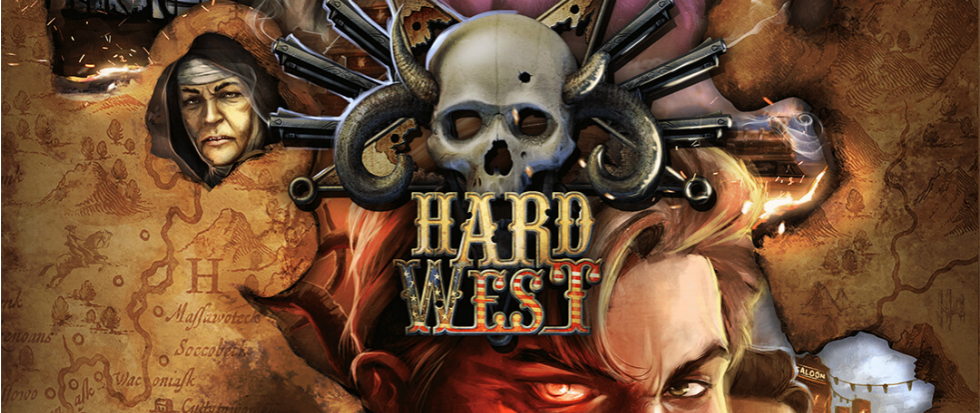
Californium is a Fiction Reference Wrapped in a Drug-Addled Riddle
Even if you aren’t into classic sci fi literature, you are probably familiar with the work of Philip K. Dick. He is one of the most adapted authors in Hollywood history; without him there would be no Blade Runner, no Total Recall, no Minority Report, no The Adjustment Bureau, no A Scanner Darkly, and no Next (well, they can’t all be winners).
He is the source of Amazon’s new television series The Man in the High Castle and Michel Gondry is apparently still working on an adaptation of his Hugo Award-Winning Novel Ubik that he began in 2011, though he told reporters that he was having trouble putting together a screenplay that gave justice to the book’s twists and turns.
And yet, Philip K. Dick fans (or Dickheads as they call themselves) have yet to get a truly great video game based on any of his works. The 1985 Commodore 64 video game version of Blade Runner, described by John Saavedra as “Frogger meets Hitman” was panned by critics as “pretentious” while the 1997 PC game, which won a Computer Adventure Game of the Year Award, is more like an extended universe fan fiction piece than a direct adaptation:
Players take control of McCoy, another bounty hunter, in a story parallel to the events of the film in a point-and-click adventure. Deckard, Rachael, J.F. Sebastian, and Tyrell are all either mentioned or have cameos in the game.
The 1990 NES game based on the film version of Total Recall is marred by bad controls, awful graphics, and cringe-inducing Arnold Schwarzenegger puns.
And the aforementioned Ubik was transformed into a clumsy action/strategy game for the Sony PlayStation and the PC in 1998.
One would think that Dick’s oeuvre, given its obsessions with alternate universes, heightened realities and mysterious conspiracies would be a perfect storm for video game developers. However, Dick’s stories often refuse pat interpretations and clear cut endings, which is perhaps a deterrent for a medium built around asking players to make tactical and moral choices.
Californium a game co-developed by Darjeeling and Nova Productions, side-steps these problems by loosely adapting Dick’s own life (and several of the worlds he inhabited via his writing) instead of one of his many convoluted and torturous texts. Or rather, the game adapts the semi-autobiographical VALIS. According to David Hellman,
The novel is narrated by a science fiction writer named Philip K. Dick who tells the story of Horselover Fat (the name is a transliteration from Greek and German of Dick’s name), who is despondent over the death of one friend and the sickness of another. Fat has experiences mirroring those of Dick in 1974. Fat has visions imparted by VALIS (acronym of Vast Active Living Intelligence System), which might be a satellite shooting pink laser beams that impart huge amounts of information into his head. Fat embarks on his own “exegesis,” which is reproduced here in part as “tractates” that formulate a worldview that is part Gnostic theology and part extraterrestrial conspiracy theory.
Due to the restraints imposed by PKD’s Estate, Californium puts the player into the shoes of a drug-addled, failed sci fi writer named Elvin Green instead of Horselover Fat. Green is on the verge of imploding when his television begins talking to him, urging him to look more closely at the world around him to find the fulcrums upon which his reality rests. By meddling with those nodes, Green is able to escape his crumbling reality and given the chance experience Other worlds, worlds which literary geeks and movie buffs will recognize as what will soon become the novels written by this alternate universe’s version of Phillip K Dick (Does that make them alternate universe versions of his alternate universes?).
The game looks gorgeous, evocative of Richard Linklater’s rotoscoped animation in the film version of A Scanner Darkly. Indeed, Green’s neighborhood in Berkely, California is apparently being overrun by a drug called Crystal8 (turn the 8 on its side and what do you get?), a parallel to A Scanner Darkly’s Substance D.
Indeed, the game is full of little might-be-winks and could-be-nudges like these, creating a mood that has been described as both frustrating and exciting for Dick fans. The search and discover puzzles the game provides pale in comparison to these extra-textual literary puzzles.
In that sense, I think the game is a more than worthy adaptation of PKD’s many mighty works. It requires players to be smart and well-read, to be able to deal with ambiguity and uncertainty, to be willing to fill in the blanks intentionally left within the story with their own wild speculations and mad dreams.
I can think of nothing Dickheads literature snobs like me would love more.





